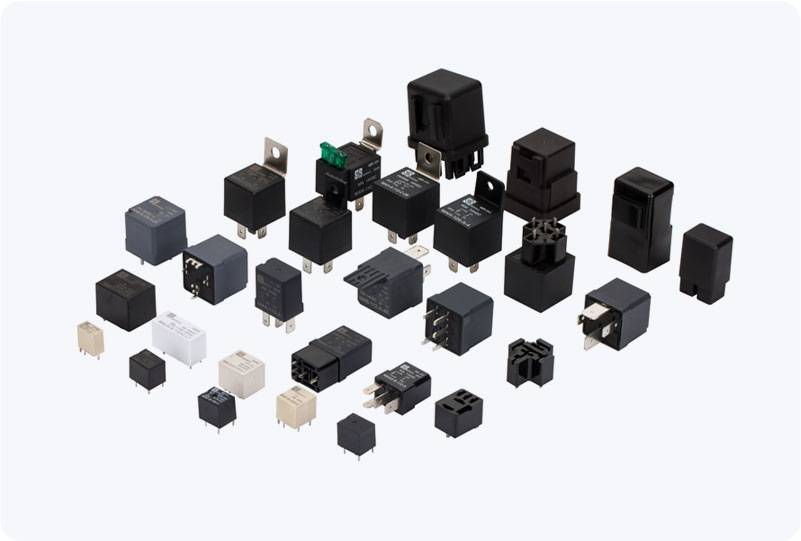Li-ion Battery Relay, also known as a lithium-ion battery relay, plays a crucial role in the performance and safety of modern energy storage systems, especially in applications like electric vehicles (EVs), renewable energy systems, and portable devices. As the demand for efficient and sustainable energy solutions grows, understanding the function and significance of Li-ion battery relays has become more essential. In this article, we will delve into the importance of these relays, how they function, and why they are indispensable in ensuring the safety, efficiency, and longevity of lithium-ion batteries.

What is a Li-ion Battery Relay? A Li-ion battery relay is an electrical component used within lithium-ion battery management systems (BMS). It acts as an electronic switch, controlling the flow of current between the battery pack and the load (e.g., an electric motor, power inverter, or device). The relay opens or closes the circuit based on the electrical conditions, ensuring that the battery operates within its safe limits. Essentially, it is the key to managing the connection and disconnection of the battery under varying operational circumstances. The Role of Li-ion Battery Relay in Battery Management Systems